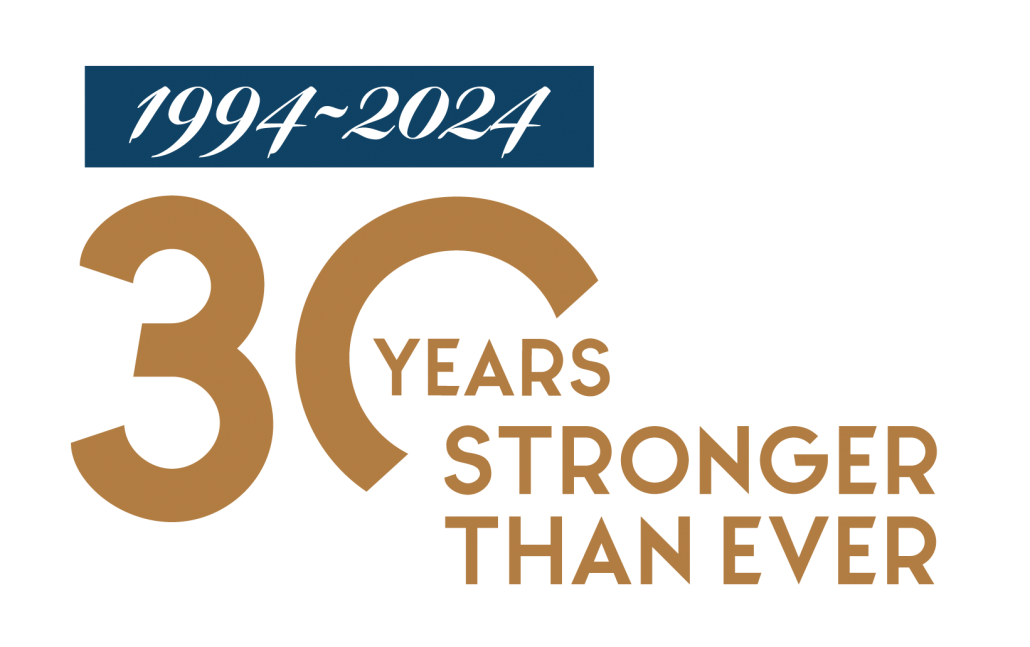
More than 160 staff will be recruited to support the development of new memory services across Ireland for Alzheimer’s disease and other dementias.
The Government made the announcement to mark World Alzheimer’s Day, which took place last week. Ten new Memory Assessment and Support Services are being established in Mayo, Sligo, Waterford, Wexford, Cavan/Monaghan, Donegal, Kerry, Limerick, Mullingar and Galway. In each location, multidisciplinary teams consisting of medical, nursing and therapy staff will undertake up to 300 new assessments per year, and serve a population of up to 150,000 people.
Minister for Mental Health and Older People, Mary Butler, said, “establishing these new memory services will make sure that there is timely access to both diagnosis and post-diagnostic supports, and a reduction in waiting times. Timely diagnosis is key in the treatment of dementia, and advances in disease-modifying therapies and brain health interventions will be key tools to slow progression of the illness and maintain a person’s quality of life.”
For more complex cases of dementia, new staff are being recruited to the existing Regional Specialist Memory Clinics in St. James’s Hospital and Tallaght University Hospital in Dublin, while new Regional Specialist Memory Clinics will also open in Cork and Galway. Each will perform 500 new assessments per year, and serve a population of one million people in each location. The new personnel are being recruited in line with the staffing recommendations set out in the Model of Care for Dementia, published earlier this year. An Intellectual Disability Memory Service is already operational at Tallaght University Hospital.
Currently there are about 64,000 people living with dementia in Ireland, with this number predicted to double by 2046. Alzheimer’s and vascular dementia are the most common forms.
Market research commissioned by Hidden Hearing found that eight-in-ten adults (83 per cent) in Ireland who are aged over 40 worry about developing dementia. This figure increases to nine-in-ten (89 per cent) amongst those who have a relative with the disease.
Almost one-third of respondents (29 per cent), were unaware that dementia and Alzheimer’s disease are not purely genetic, wrongly assuming a parent or family member with a dementia diagnosis means a younger relative will automatically get it.
Health psychologist and a neuroscientist Dr Sabina Brennan said that, while inheriting the APOE 4 gene increases a person’s risk of Alzheimer’s, some people with the gene never develop the disease, saying, “it is important not to catastrophise. Chronic stress and depression can similarly impair cognitive functioning. Adopting a healthy lifestyle is the best way to reduce the risk of developing dementia, and to delay onset, even for those who are genetically predisposed.”
Source: Irish Medical Times


